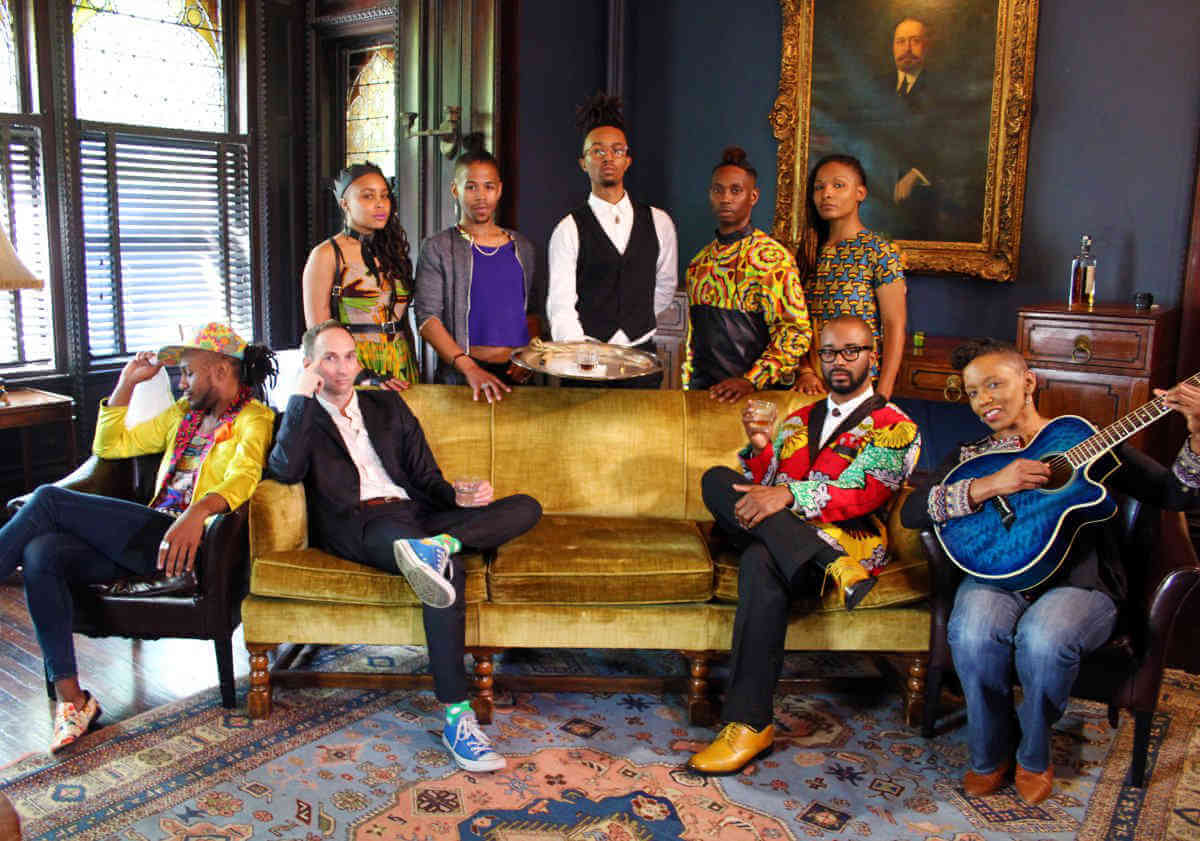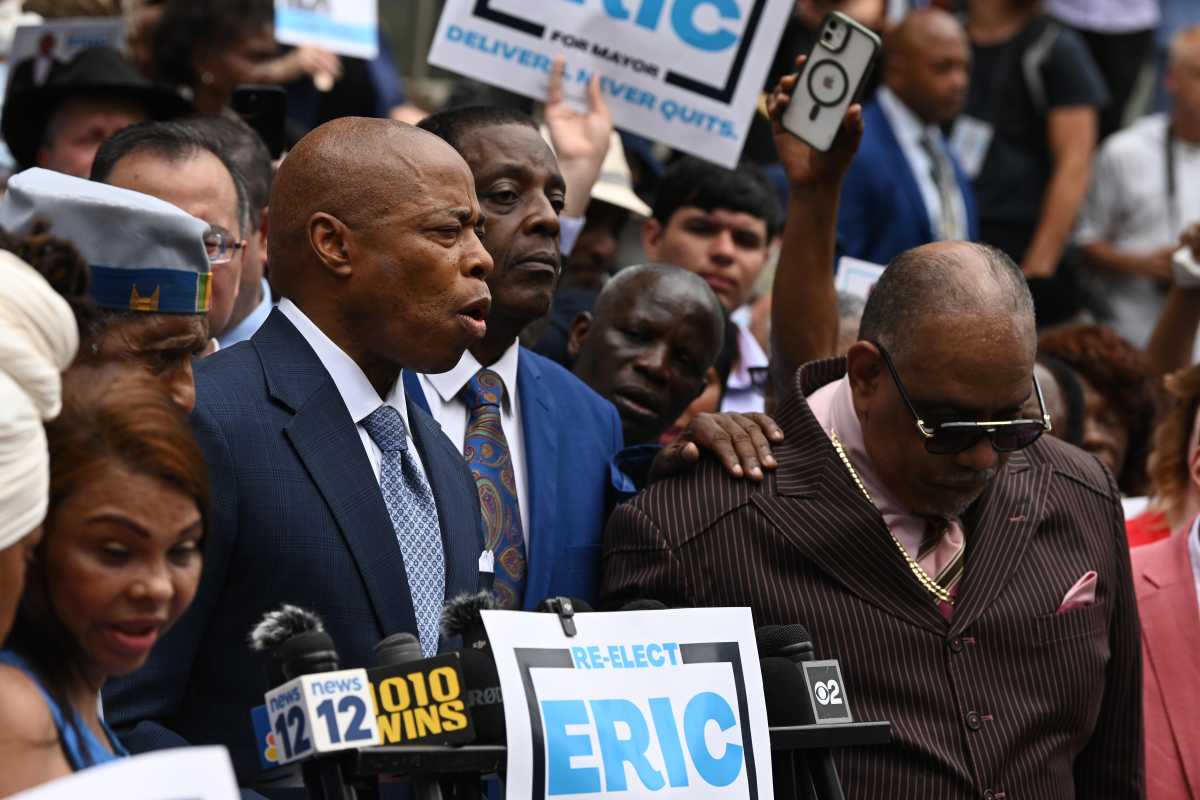An aspiring clergyman is debuting a new film exploring the relationship between two notable and influential leaders at The New York Society for Ethical Culture on Feb. 23.
Filmmaker Je Hooper’s film “Humanitas,” examines the century-old meeting between activist and scholar W.E.B DuBois, and religious lecturer and founder of the ethical movement, Felix Adler. Currently studying to become the first black clergyman at the Brooklyn Society for Ethical Culture, Hooper said he wanted to explore and reimagine the two minds.
“The film is really the story of WEB DuBois who did a lot of work with the Pan-African movement, and his relationship with Felix Adler who was a Jewish immigrant who fought against racial and social injustice,” he said.
Hooper, who is bisexual and raised in a southern Christian home, was rejected by his church after coming out. His faith unshaken — he found solace at the American Ethical Union. Now on his way to ordination, one of his goals is to showcase how the group has played a vital role in being a safe space for the identities and beliefs not part of the status quo.
“I was very interested in the relationship between them because we are an organization that does work around social justice and believe in Black Lives Matter and human issues, and we’ve always been regressive in really showing and promoting the inclusivity of who we are,” he said.
The 50-minute experimental movie is a silent film that follows the two men, portrayed by two actors performing choreography and other non-verbal actions.
Also making an appearance in the film is Henry Sylvester Williams — the Trinidadian pan-Africanist and lawyer.
As a longtime admirer of these men, Hooper was inspired to create this film because he said the work these men left behind was worth examining, particularly in modern times. And said it was worth exploring how its worked to change.
He said the organization was a force in changing how people view identity and faith, and remains open to everyone but he wants to work on diversification.
“In addition to the work we’ve done, with our history, we want to connect the ethical culture with the story and work of W.E.B DuBois and Henry Sylvester Williams because it’s very important to bring to the surface as we seek to raise new dialogue about race,” he said.
As a member, the group has allowed him to challenge his own mindset, and that of others.
“Regardless of culture or background, the ethical culture has provided a lot for me, and that’s why being trained at a religious institute will help to refine my thinking,” he said.
Working to decolonize subconscious thoughts and fight against racism and discrimination, Hooper said he plans on
“I don’t preach. I lecture and I bring my authentic self and tradition, and I come with my ancestors,” said Hooper. “The first form of decolonization is to bring your ancestors into the room and honor those traditions that we come from. I deliver lectures that are very relational and interactive and to congregate at any church or space and use a decolonial approach, you have to get a level of connection.”
“Humanitas” at The New York Society for Ethical Culture [2 W. 64th St. at Central Park West in Upper West Side, (212) 874-5210, www.nysec.org]. Feb. 23 at 6 pm. Free.



























